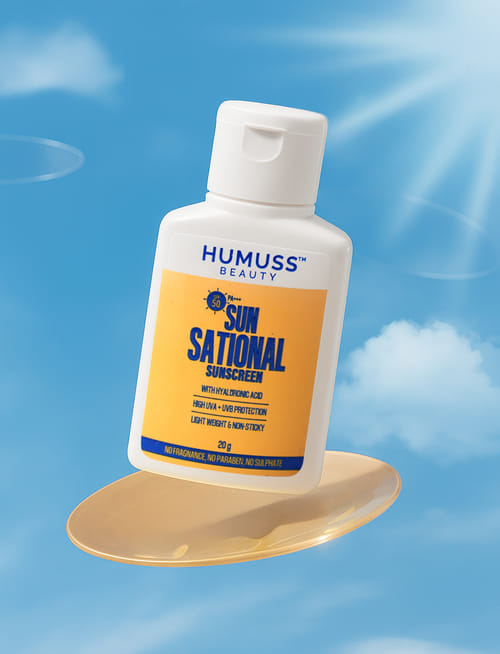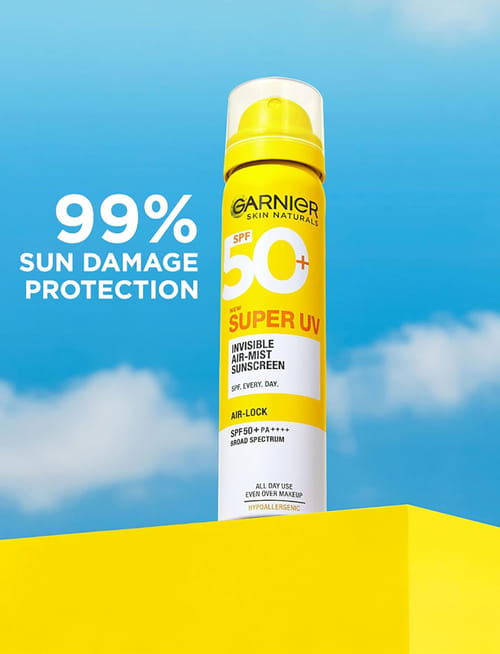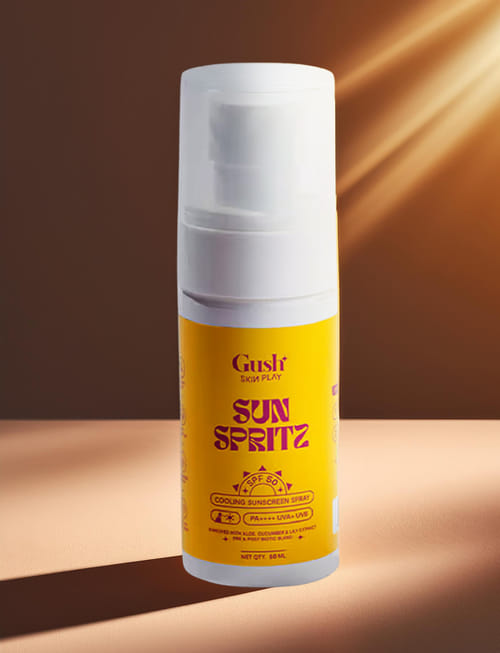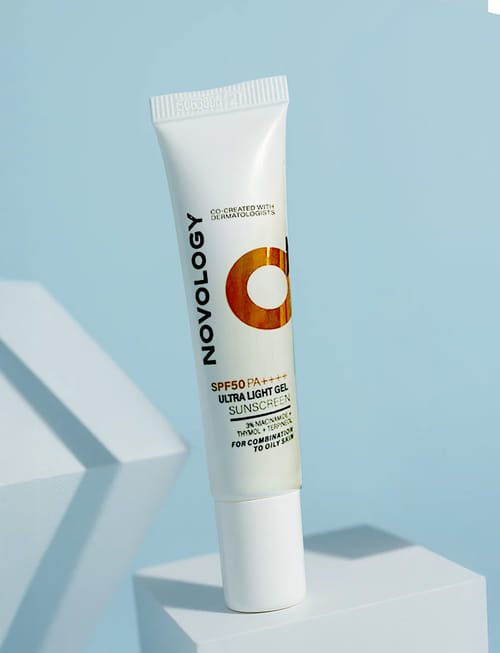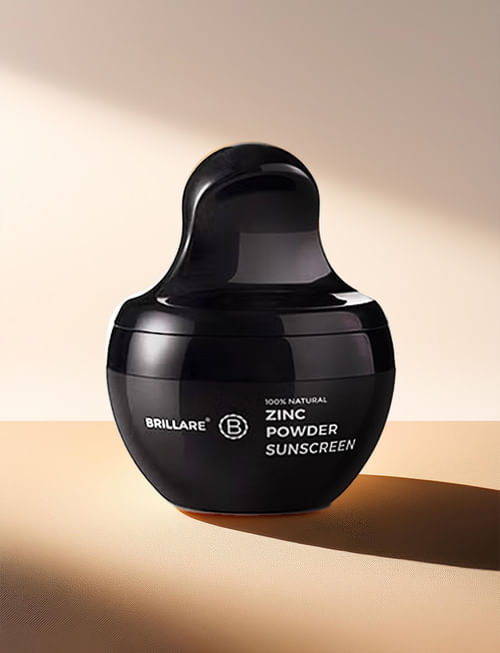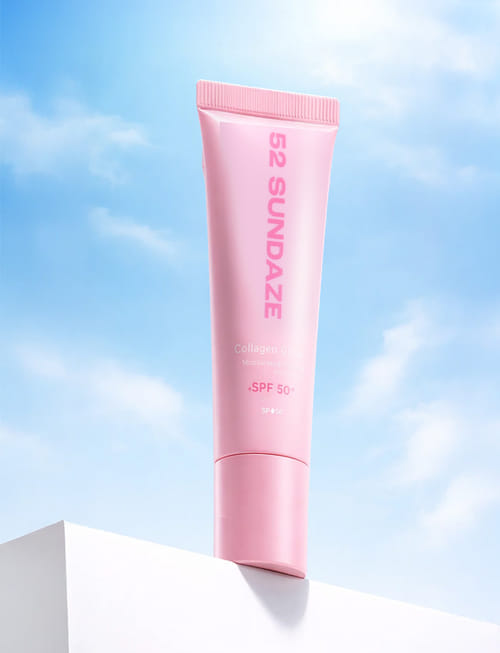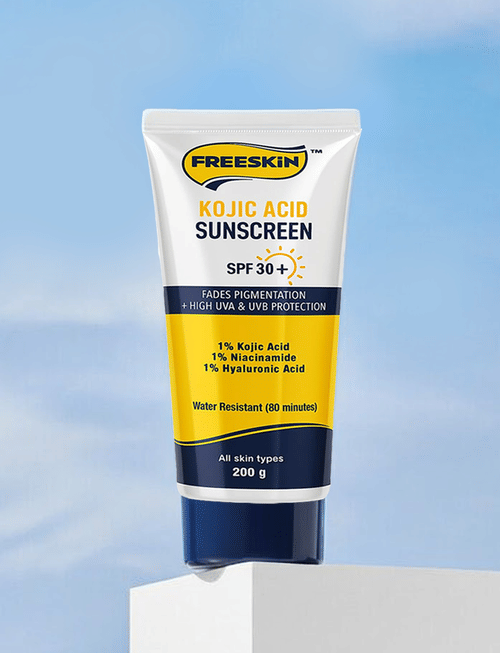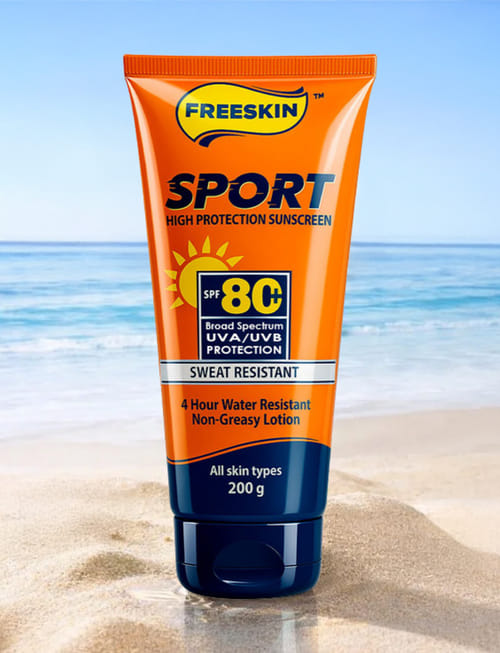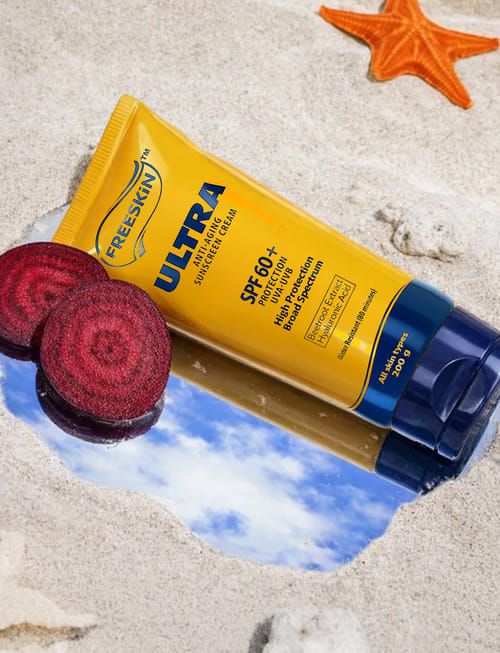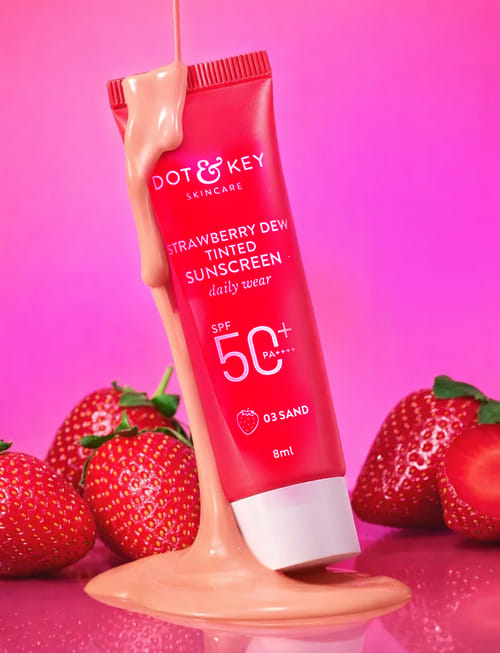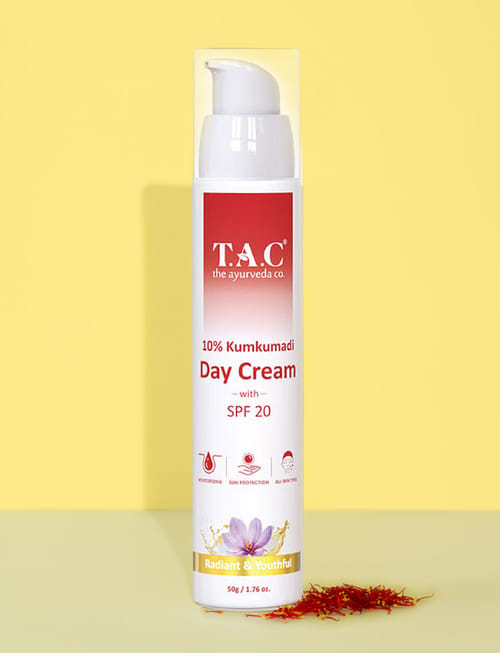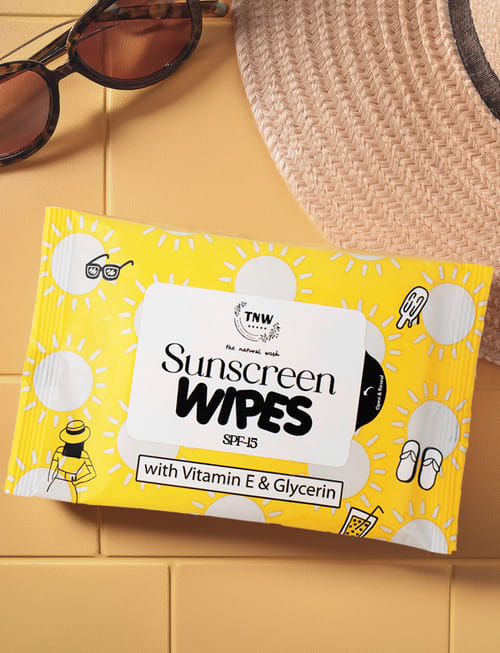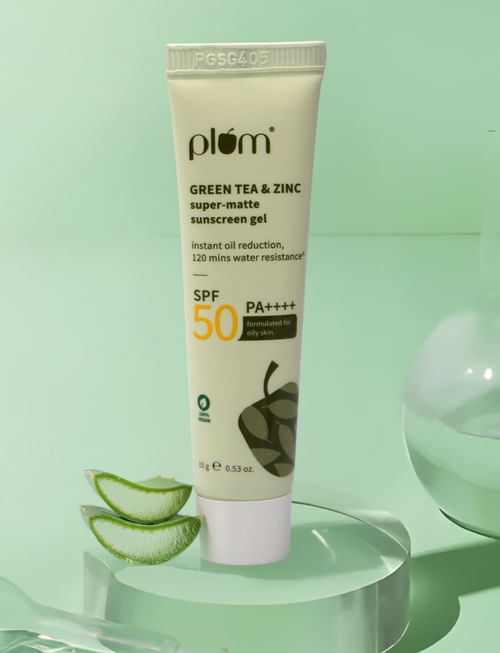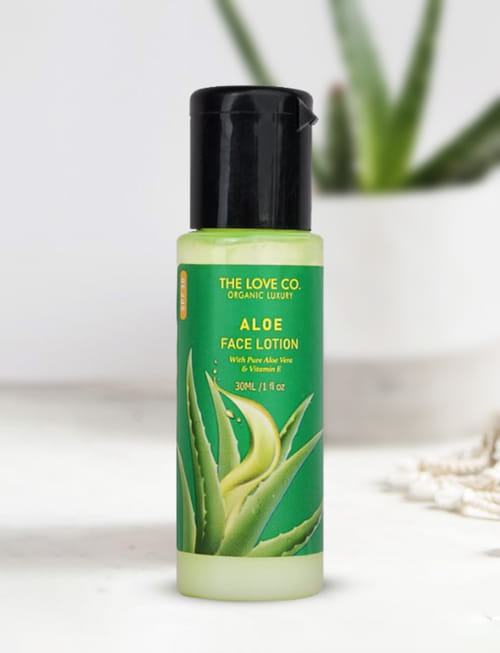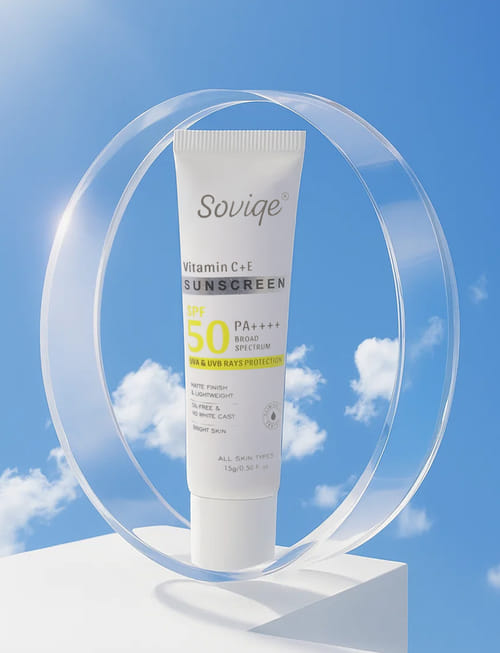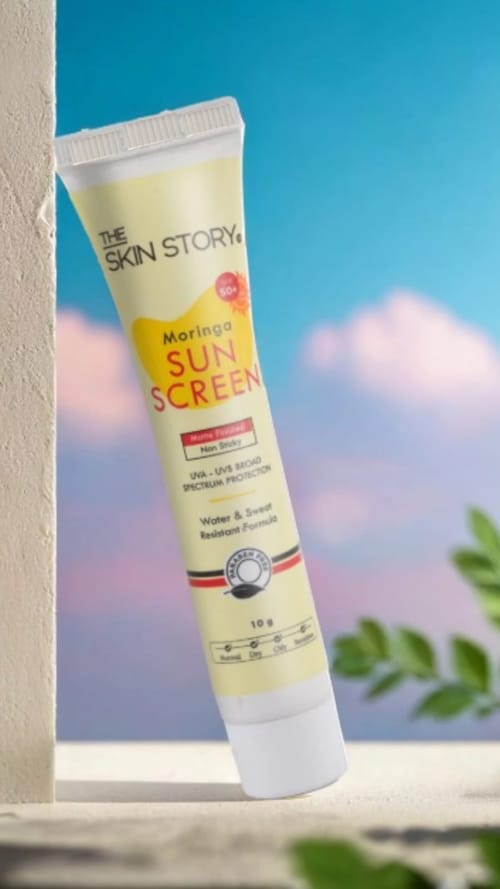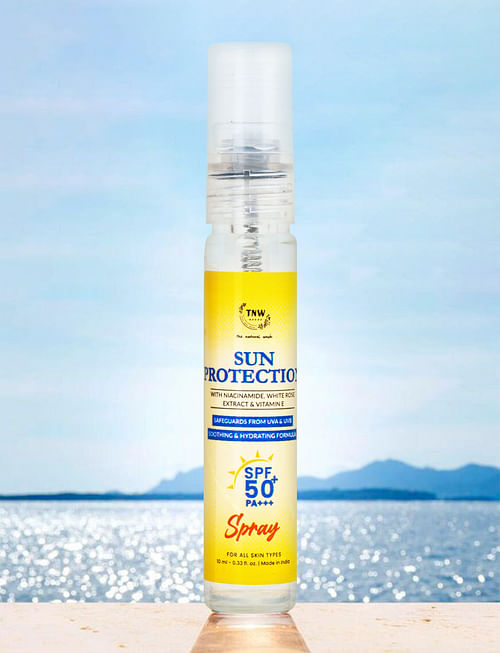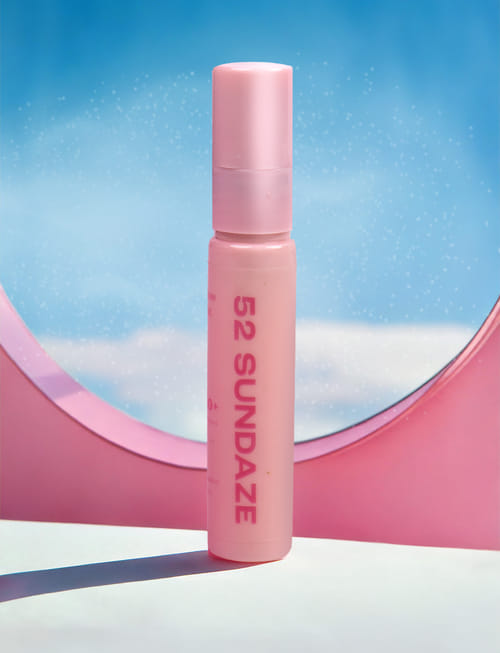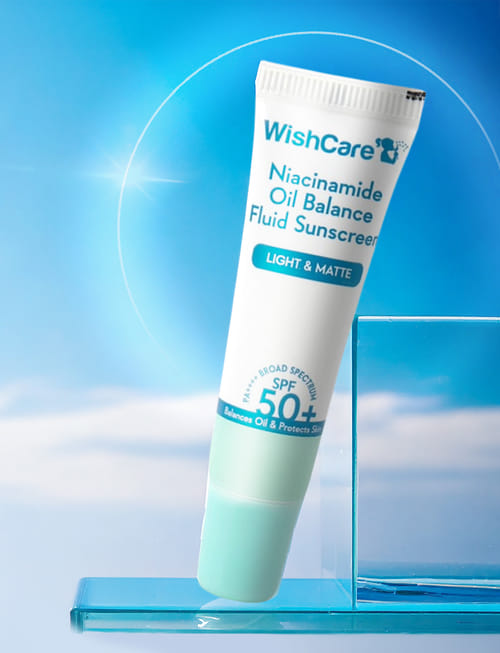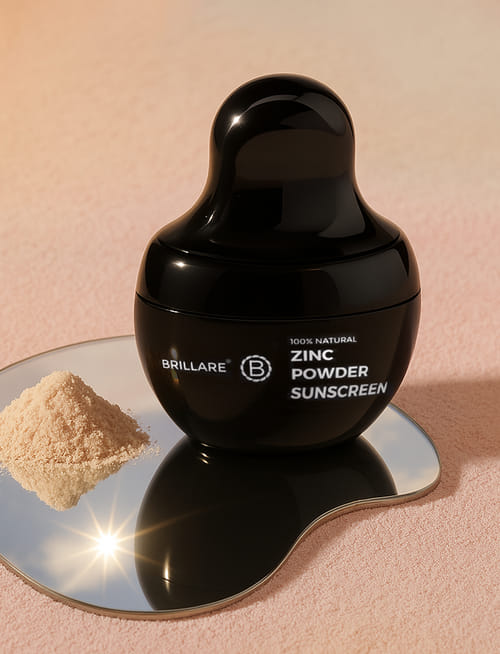Elevate Your Skin Defense with Smytten: Discover the Magic of Sunscreen Trials
Unlock the Ultimate Protection with Sunscreen
Sunscreen isn't just a product; it's your daily shield against harmful UV rays, a protective barrier that safeguards your skin's health. Whether you're under the tropical sun or handling daily errands, sunscreen is a non-negotiable essential. Embrace the power of sunblock by exploring and buying sunscreen online from Smytten, and make your skin's well-being a priority.
Choosing the Best Sunscreen for Your Unique Skin Type
Skin is diverse, and so are its needs. The right sunscreen varies based on your skin type. You can experiment with a wide variety using sunscreen samples from smytten. Here's a guide to finding the best sunscreen online that caters to your specific requirements:
For Oily Skin:
Opt for a lightweight sunscreen that keeps your complexion grease-free. Ingredients like mineral powder or silica absorb excess sebum, ensuring your skin stays matte and fresh throughout the day.
For Dry Skin:
Choose a sunscreen that hydrates with ingredients like glycerin and ceramides. These elements make sunscreen for dry skin the best way to create an active protection layer, preventing dryness and promoting a healthy glow.
For Sensitive Skin:
If you have sensitive skin, opt for a fragrance-free sunscreen with mineral-based ingredients like zinc oxide or titanium. These components ensure your skin remains unirritated, making it a must-have for sensitive skin care.
Best Sunscreen for Men:
Best Sunscreen for Women:
Benefits of Sunscreen: Safeguarding Your Skin
Using sunscreen isn't just a routine; it's a commitment to healthy, youthful-looking skin. Here's how sunblock benefits your skin:
1. Prevents Sunburns and Dehydration: Shields against painful sunburns, dryness, and dehydration by creating a protective barrier.
2. Delays Premature Ageing: Minimizes signs of premature ageing like wrinkles, fine lines, and age spots caused by harmful UV rays.
3. Lowers Skin Cancer Risks: Regular use reduces the risk of skin cancer, including both melanoma and non-melanoma types.
4. Maintains Even Skin Tone:
- Prevents dark spots, hyperpigmentation, and uneven texture, ensuring a smooth complexion.
How to Apply Sunscreen on Your Face: A Quick Guide
For optimal protection, follow these steps when applying sunscreen:
1. Start with a Clean, Hydrated Face:
- Begin with a clean and hydrated face before applying sunscreen.
2. Apply Evenly:
- Take a few drops of sunscreen lotion and apply it evenly to your face, neck, ears, and hands.
3. Wait 30 Minutes:
- Apply the lotion at least 30 minutes before stepping out for the best results.
Shop for Sunscreen Trials Online on Smytten
Experience the magic of Smytten's trial products by exploring our collection of sunscreens. From liquid to lotion and oil formulations, we offer diverse options. Shop from the comfort of your home, and let your orders be delivered right to your doorstep.
FAQs:
- Which is the best sunscreen to use?
- The best sunscreen for face & body sunscreen offers broad-spectrum protection, has a high SPF rating, suits your skin type, and feels comfortable on your skin. Choose based on your preferences, skin type, and specific needs.
- What does SPF 50 sunscreen mean?
- SPF 50 blocks approximately 98% of the sun's harmful rays when applied correctly. Opt for broader protection for maximum benefits.
- Is sunscreen good for the skin?
- Yes, sunscreen is highly beneficial, protecting from UV rays, reducing skin cancer risks, and preventing sunburn, and premature ageing. Daily use of maintains healthy, radiant skin.
SHOP BY BRAND:
Mamaearth | Himalaya | Engage | Myglamm | Plum | Beardo | Sugar | Pears | Pilgrim | Lakme | Forest Essentials | Cetaphil | Mac | Loreal | The Man Company | Sadhev | Vaseline | Denver | Kama Ayurveda | Maybelline | Joy | Mensxp | Nivea | Ustraa | Aqualogica


